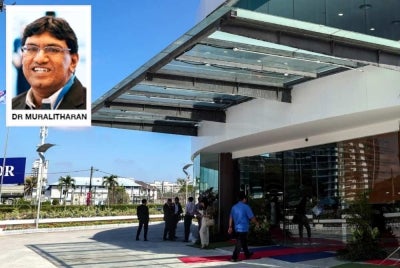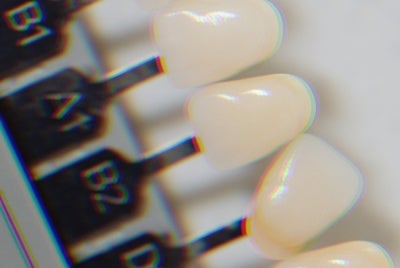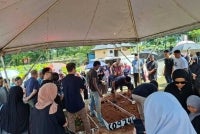Rare Kidney Disease: The silent health crisis we need to talk about
The road to diagnosis and treatment is often filled with uncertainty.
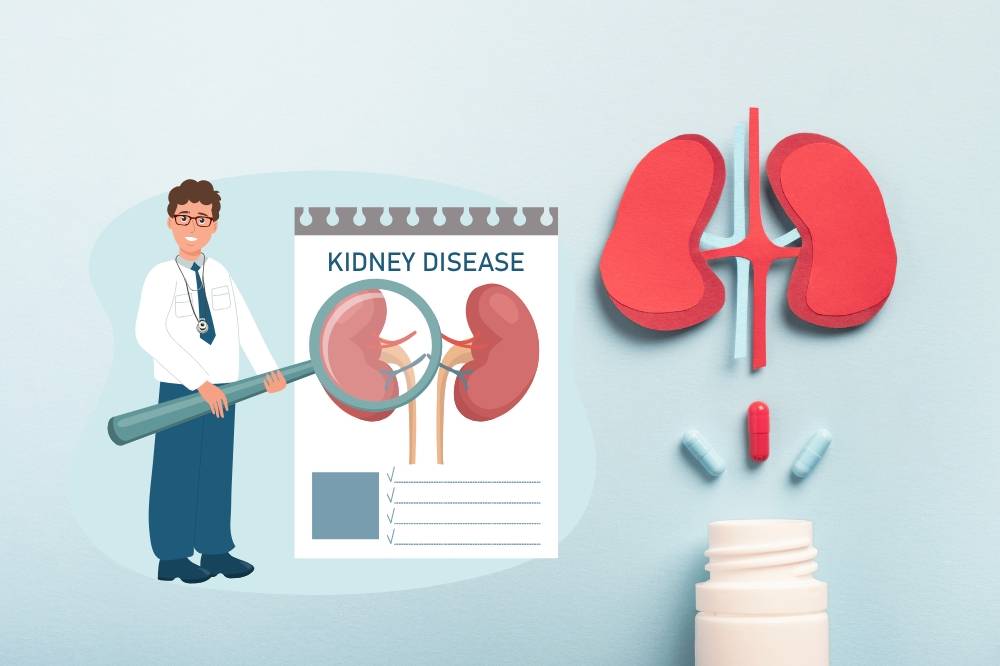
For millions living with rare diseases, the road to diagnosis and treatment is often filled with uncertainty. It is also similar with patients that are diagnosed with rare kidney disorders as these are cases that are frequently misunderstood, overlooked and difficult to diagnose.
Concurring with today's World Rare Disease Day 2025, with the theme “More than you can imagine; an anthology of rare experiences", experts are shedding light on the complexities of these conditions and the need for better awareness, research and access to treatment.
In a recent discussion on Sinar Daily’s Life and Style Podcast, Consultant Nephrologist at Sunway Medical Centre and Vice President of the Malaysian Society of Nephrology (MSN), Dr Rosnawati Yahya and Pediatric Nephrologist from the University of Colorado School of Medicine, United States (US), Professor Dr Bradley P Dixon, delved into the reality of living with and treating rare kidney diseases.
From the challenges of diagnosis to the future of artificial intelligence (AI) in nephrology, their insights offer a glimpse into a medical field that is both deeply challenging and full of untapped potential.
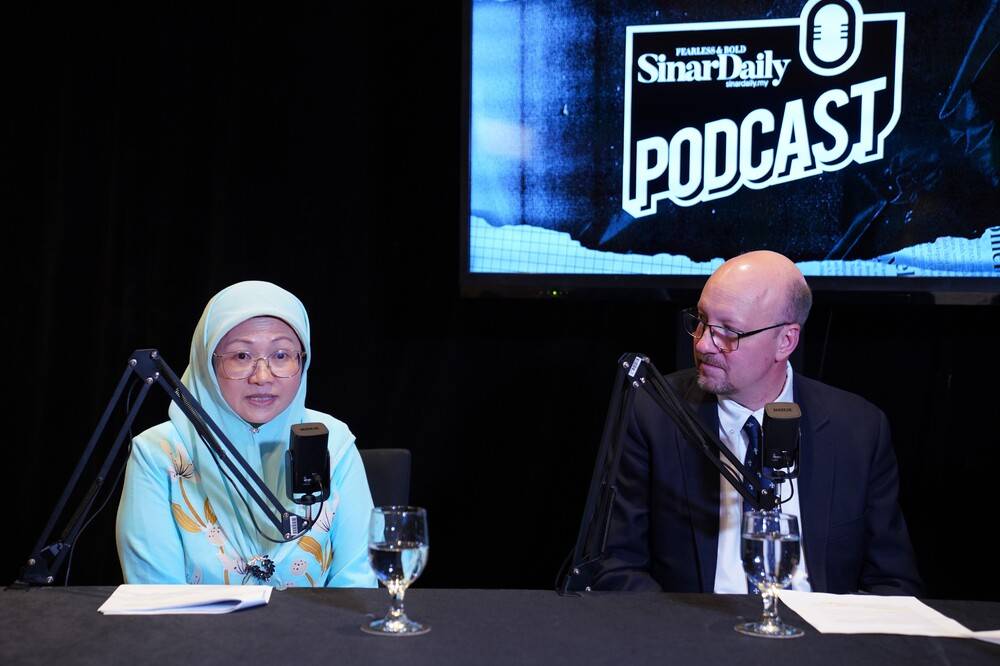
DEFINING RARE DISEASES
What makes a disease ‘rare’ depends largely on where you are in the world. According to Dr Rosnawati, a rare disease is a condition that affects a small percentage of the population, though its exact definition varies by country.
“In the US, a disease is classified as rare if it affects fewer than 200,000 people, whereas in Europe, it is defined as affecting fewer than one in 2,000 individuals.
“The World Health Organization (WHO) has not established a universal definition and Malaysia also lacks an official classification,” she clarified.
However, she highlighted that the Malaysian Rare Disorder Society (MRDS) considers a disease rare if it affects fewer than one in 4,000 individuals locally. Despite their rarity, there are over 7,000 known rare diseases worldwide, collectively impacting approximately 300 million people.
Among these are rare kidney diseases such as IgA nephropathy, Alport syndrome, C3 glomerulopathy (C3G) and Atypical Hemolytic Uremic Syndrome (aHUS).
According to Dr Dixon, these conditions “collectively impact approximately 300 million people worldwide.”
THE STRUGGLE TO GET A DIAGNOSIS
A major issue facing those with rare diseases is the difficulty in obtaining a correct diagnosis. Many patients go through years of misdiagnosis, as their symptoms often resemble those of more common illnesses.
“Rare diseases are often misdiagnosed due to several factors. One key reason is the lack of awareness among healthcare practitioners.
“These conditions affect only a small percentage of individuals, leaving many doctors with limited experience in diagnosing them,” Dr Rosnawati said.
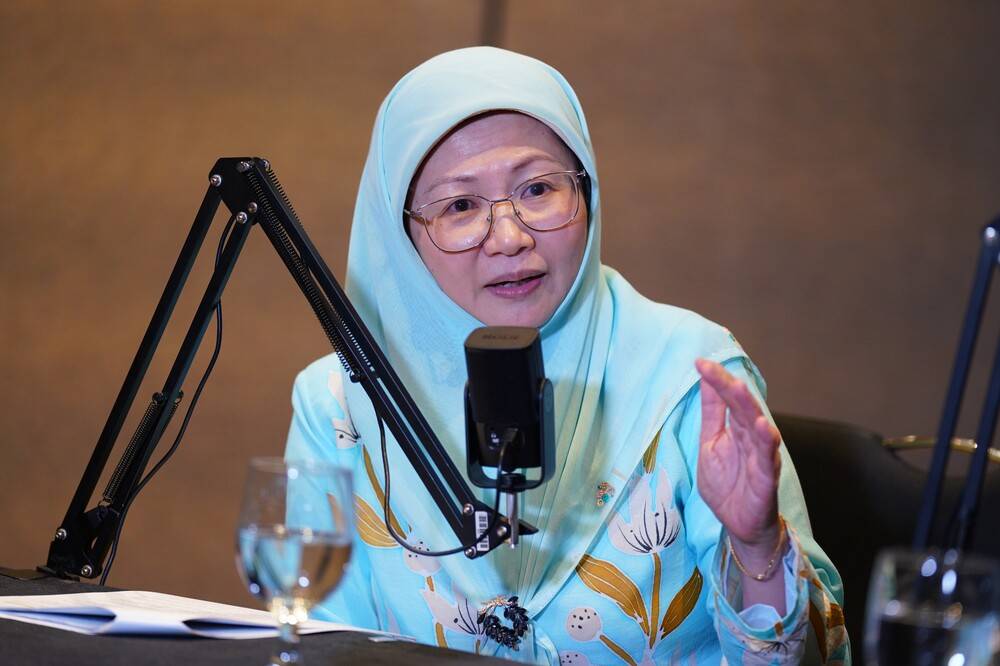
She added that rare diseases often mimic more common conditions and have non-specific symptoms, making them harder to detect. Additionally, genetic testing, which is crucial for identifying many of these conditions, is not always available in Malaysia.
“As a result, patients often consult multiple healthcare providers before receiving an accurate diagnosis,” she mentioned.
This is a reality that Dr Dixon also sees in the US.
“Diagnosing these conditions often relies on clinicians and healthcare providers recognising the symptoms and making the necessary connections.
“Like in Malaysia, patients in the US may need to consult multiple medical professionals before receiving a definitive diagnosis,” he said.
THE PREVALENCE OF RARE KIDNEY DISEASES IN MALAYSIA AND THE US
The frequency of rare kidney diseases varies greatly depending on the specific condition.
Dr Rosnawati pointed out that in Malaysia, some data is available through the Malaysian Renal Biopsy Registry.
“For instance, lupus nephritis sees approximately 500 to 700 new cases annually, while IgA nephropathy accounts for around 200 cases each year. However, rarer conditions such as aHUS and C3 glomerulopathy may not even be fully documented.
“In Malaysia, we lack a dedicated registry for aHUS. Cases diagnosed through kidney biopsy are recorded in the Renal Biopsy Registry, as clinicians are required to report all biopsies performed,” she mentioned.
Meanwhile, in the US, the prevalence of these diseases also varies. Dr Dixon shared that aHUS affects approximately one in a million individuals, making it extremely rare.
“Meanwhile, autosomal dominant polycystic kidney disease is more common, occurring in about one in 1,000 people,” he said.
THE CRITICAL SHORTAGE OF NEPHROLOGISTS
Even after diagnosis, patients face another obstacle—the shortage of nephrologists. This issue is particularly severe in Malaysia, where there are fewer than 300 nephrologists for a population of 34 million.
“That translates to just 8.8 nephrologists per million people, or one for every 113,000 individuals.
“This shortage is especially concerning given the high prevalence of chronic kidney disease, which affects an estimated 3.8 million Malaysians,” she emphasised.
With most nephrologists already overwhelmed by common kidney diseases, those suffering from rare conditions struggle to access the specialised care they need.
THE HOPE THAT AI BRINGS TO RARE KIDNEY DISEASE PATIENTS
Despite these challenges, both experts agree that artificial intelligence (AI) could revolutionise the detection and treatment of rare kidney diseases.
“With the rapid advancement of AI in healthcare, I believe there is a future where rare kidney diseases can be detected much earlier.
“AI could help in analysing kidney ultrasounds, CT scans and MRIs, identifying subtle findings that might otherwise go unnoticed,” Dr Rosnawati suggested.
Dr Dixon echoed this sentiment, highlighting that AI can play a significant role in the early detection of rare kidney diseases.
“With its exceptional pattern recognition capabilities, AI can assist clinicians in identifying disease patterns more efficiently, leading to earlier diagnoses,” he said.
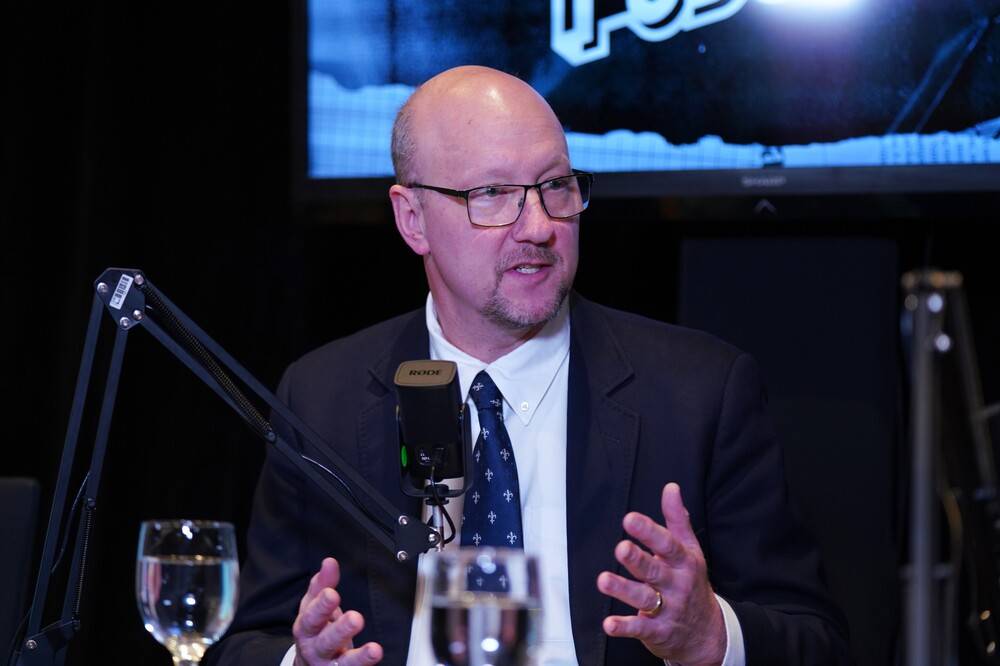
THE IMPORTANCE OF ADVOCACY AND SUPPORT
Beyond medical advancements, support groups and patient advocacy play an essential role in improving the lives of those with rare kidney diseases.
Dr Rosnawati shared that Malaysian nephrologists are working to establish a Malaysian rare kidney disease registry, which could improve documentation and patient access to clinical trials.
Additionally, MSN is in discussions with the National Kidney Foundation of Malaysia (NKF) to expand patient advocacy efforts.
Similarly, in the US, the Kidney Health Initiative, a coalition involving professional organisations and policymakers, is prioritising kidney disease in public finance and policy discussions.
Ultimately, Dr Dixon emphasised the importance of community support.
“Patients bear the greatest burden when access to treatment is limited and those with rare diseases often struggle with a profound sense of isolation.
“This highlights the importance of healthcare providers and families in building supportive communities where patients can connect, share experiences and advocate for better care,” he mentioned.
YOU ARE NOT ALONE
The journey of living with a rare kidney disease can feel incredibly lonely, but Dr Rosnawati offered a reassuring message:
"If you are dealing with a rare disease or a rare kidney condition, do not feel isolated. Please reach out to professional societies and patient support groups, as there are resources available that can offer assistance."
Dr Dixon agreed, adding, "If you are living with a rare disease, remember that you are not alone."
World Rare Disease Day 2025 reminds us that these conditions may be rare, but the experiences of those who live with them are profound and deeply human.
By advancing awareness, research and innovation, we can turn the tide on rare kidney diseases and offer hope to those navigating their journey.
Download Sinar Daily application.Click Here!



